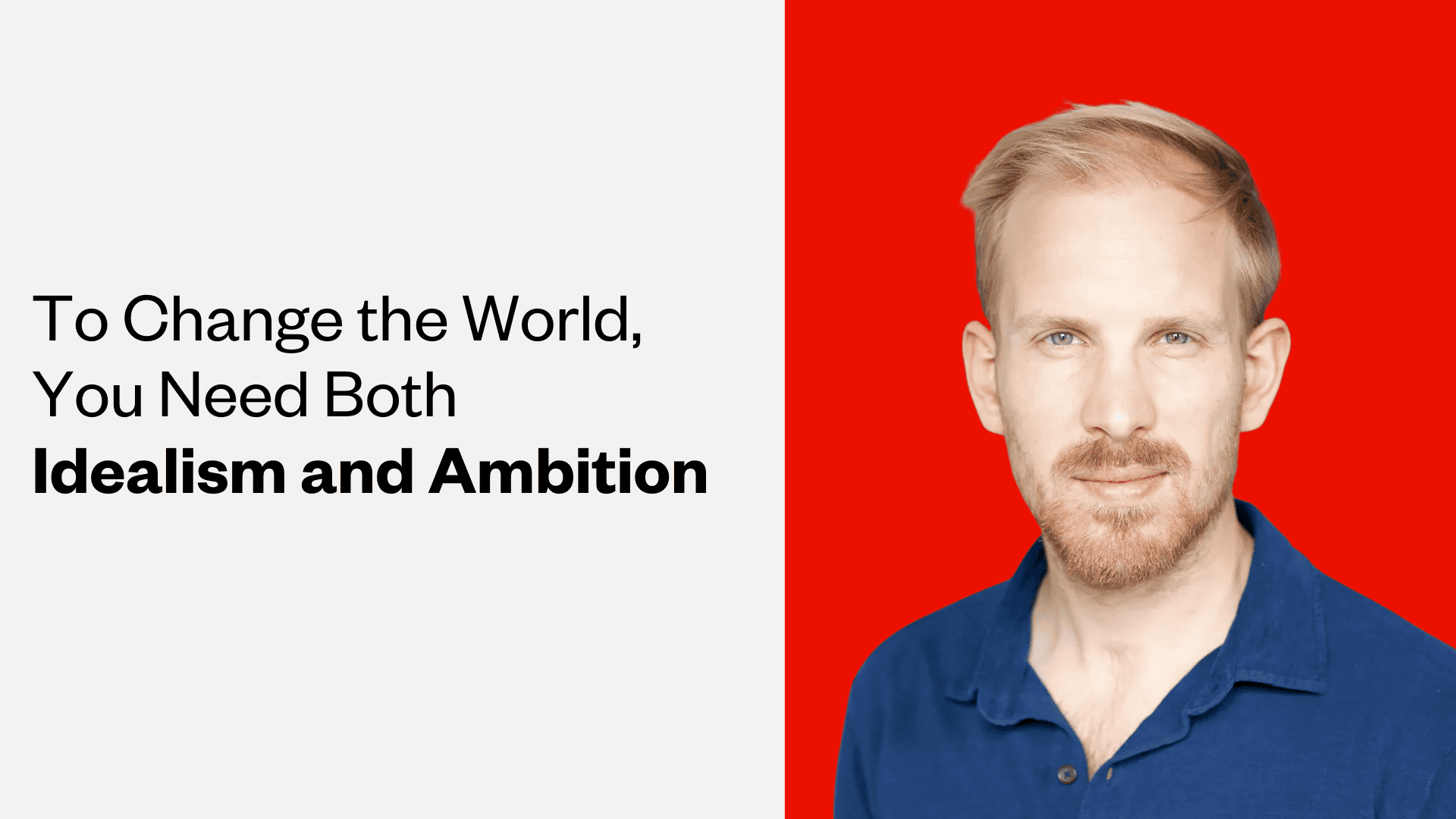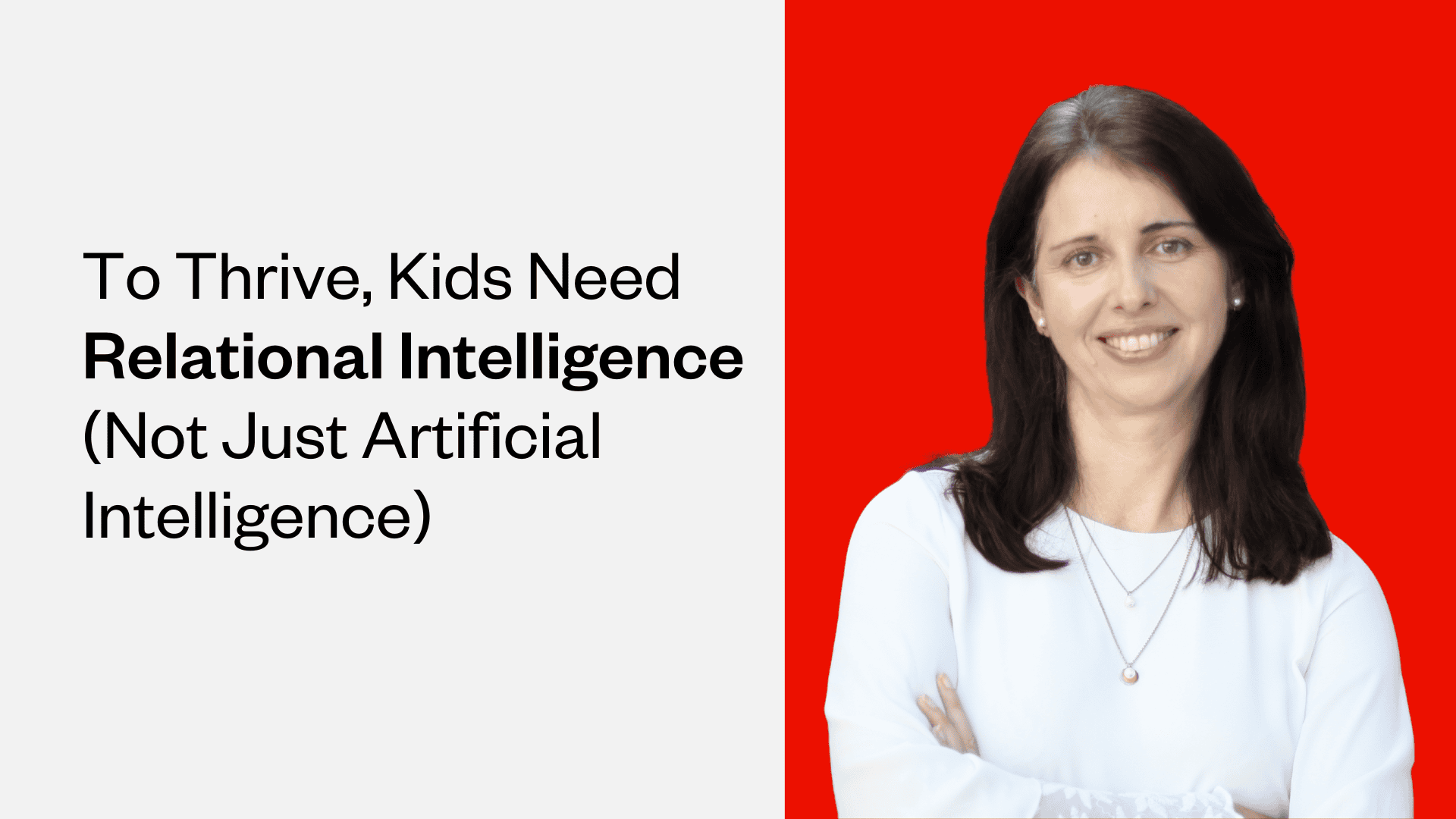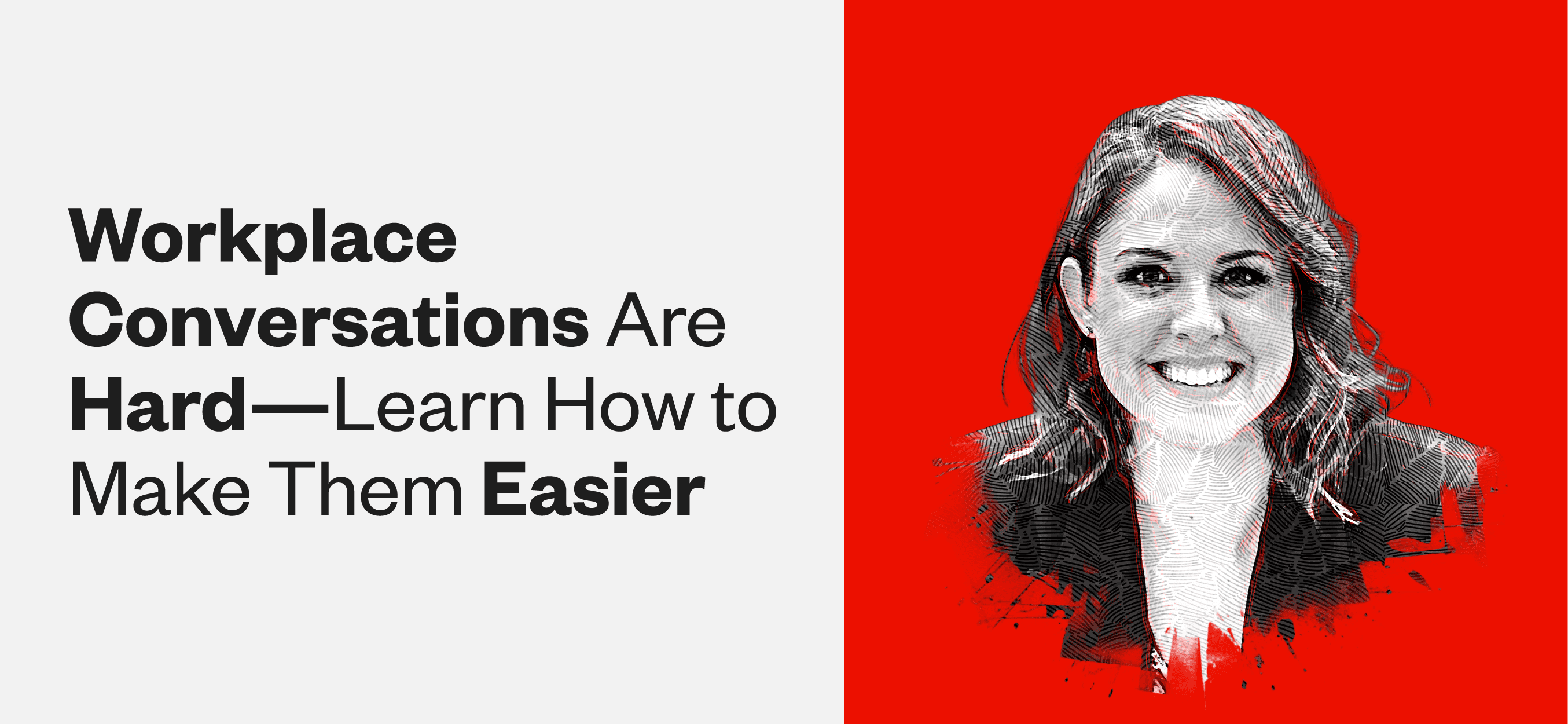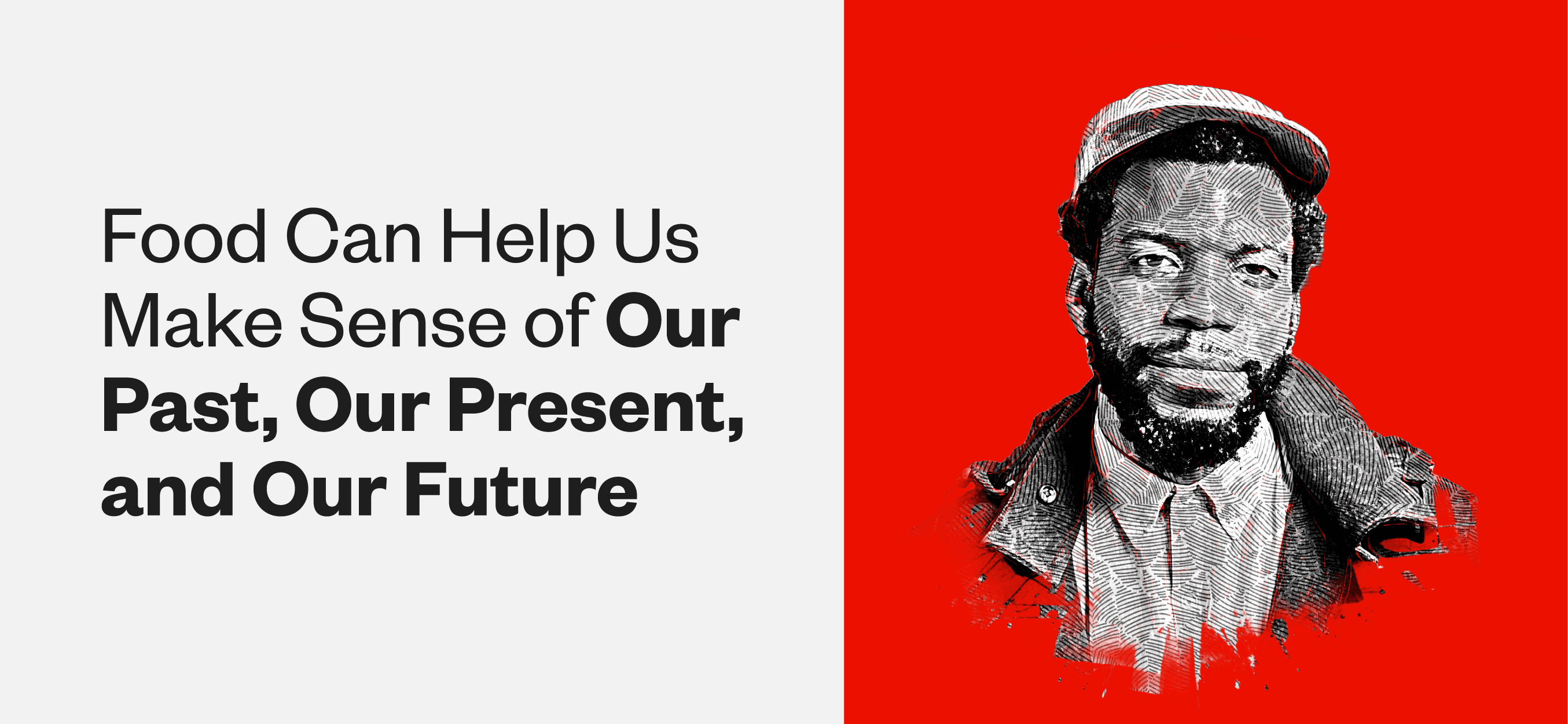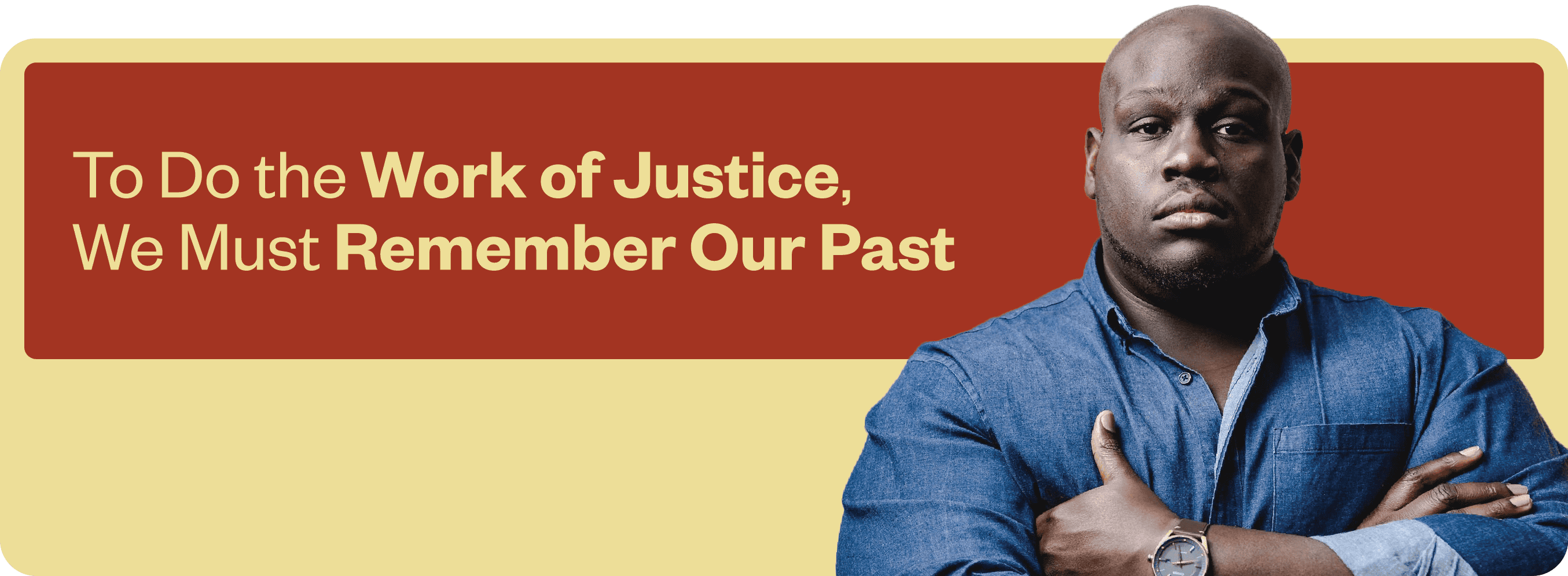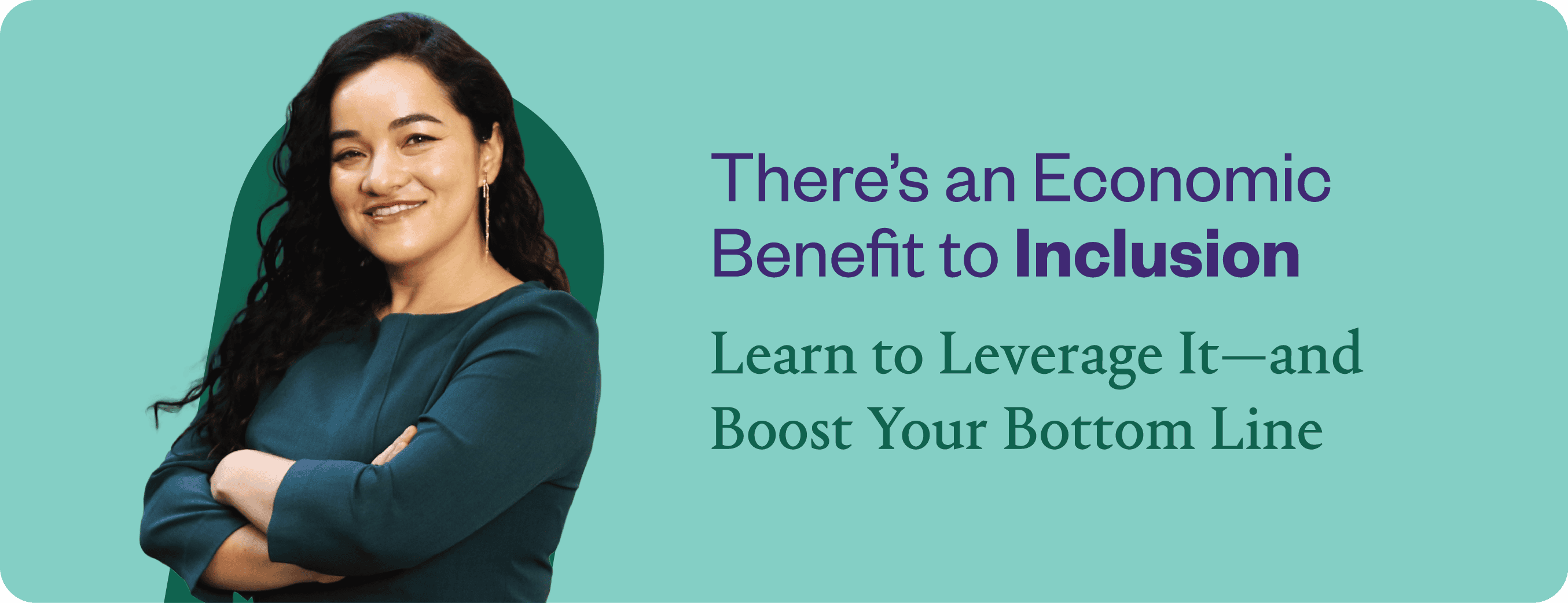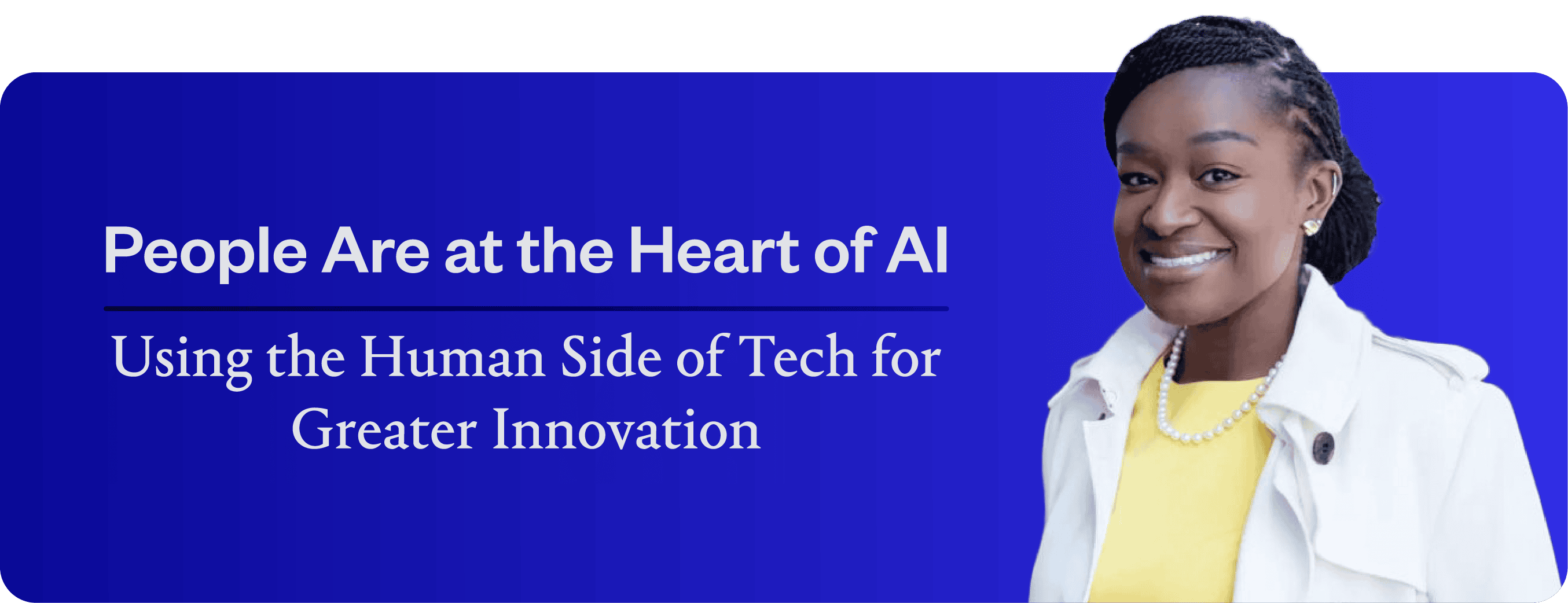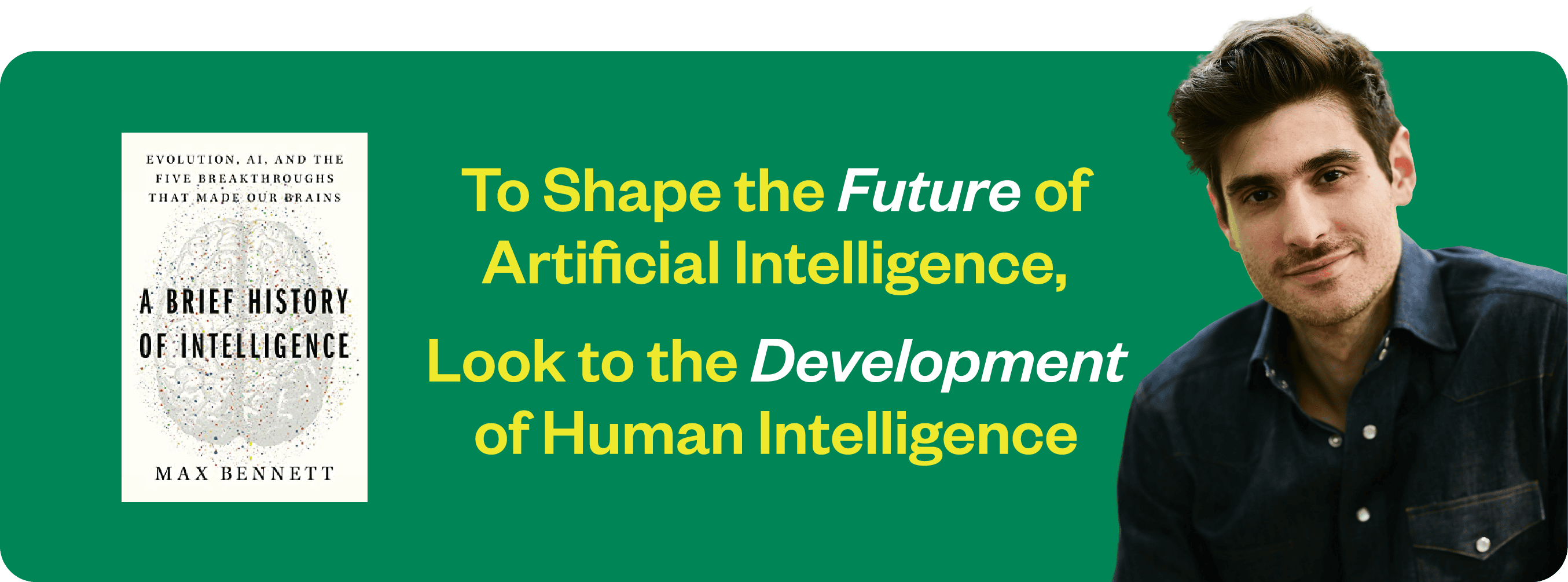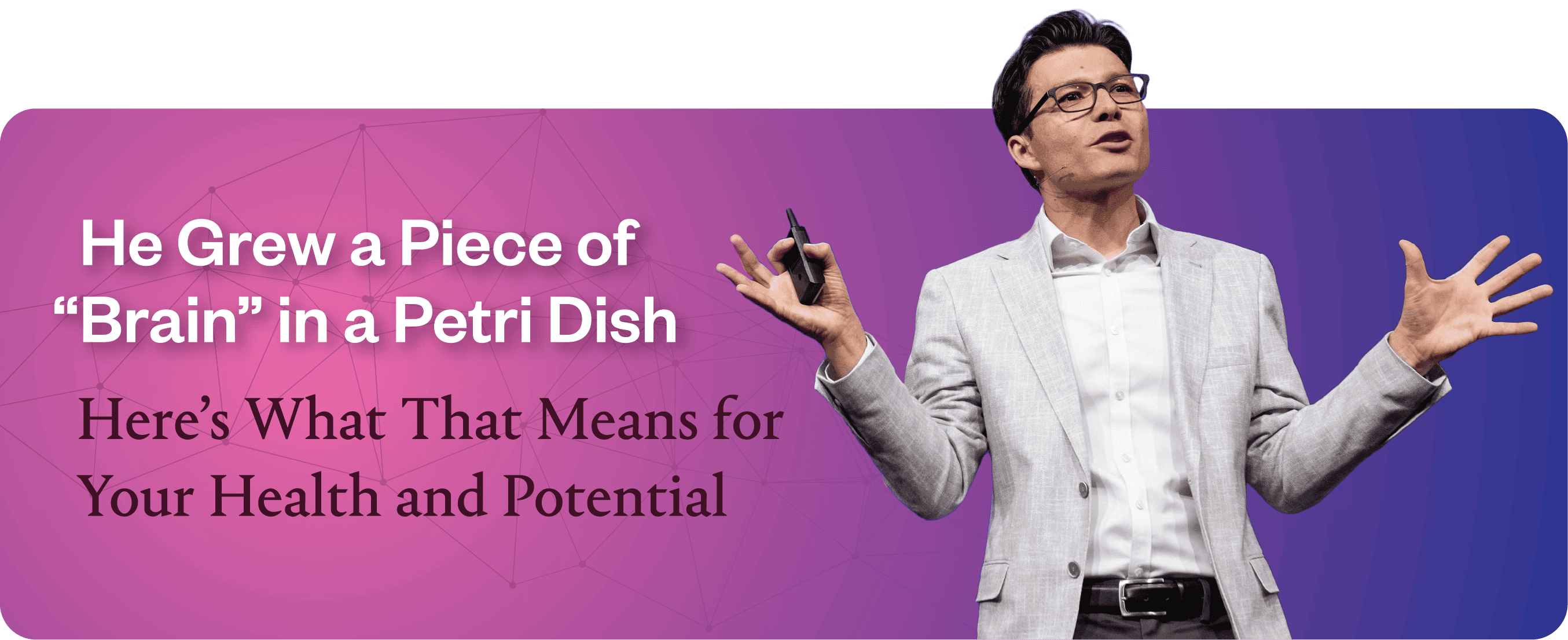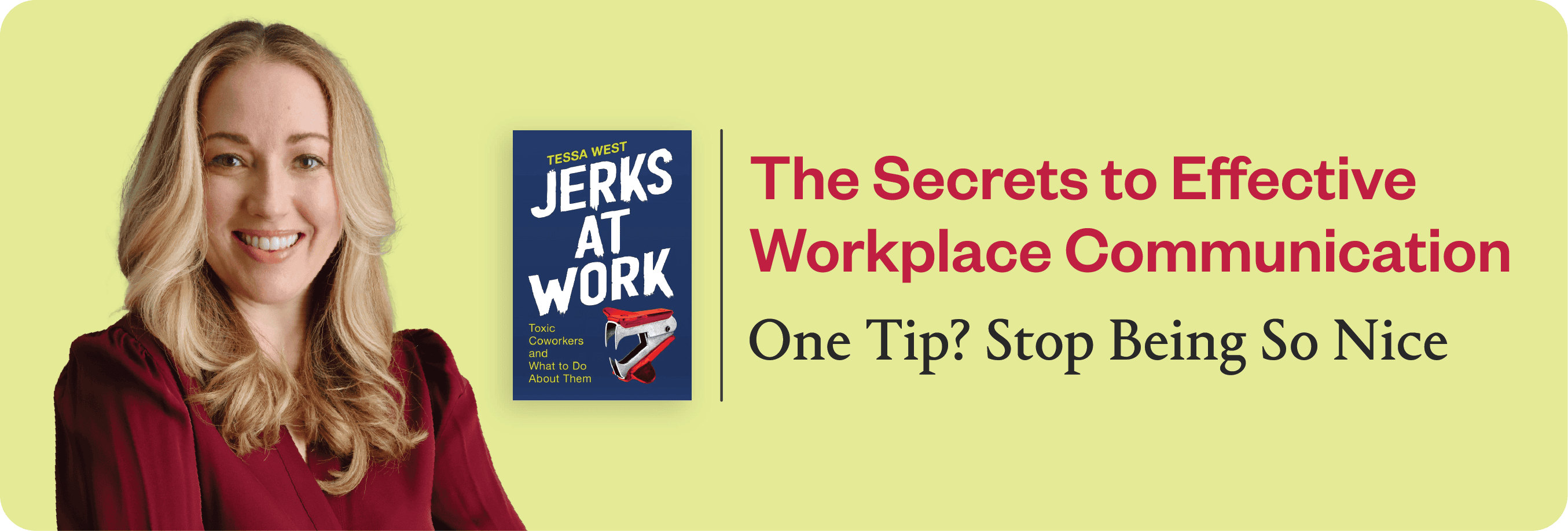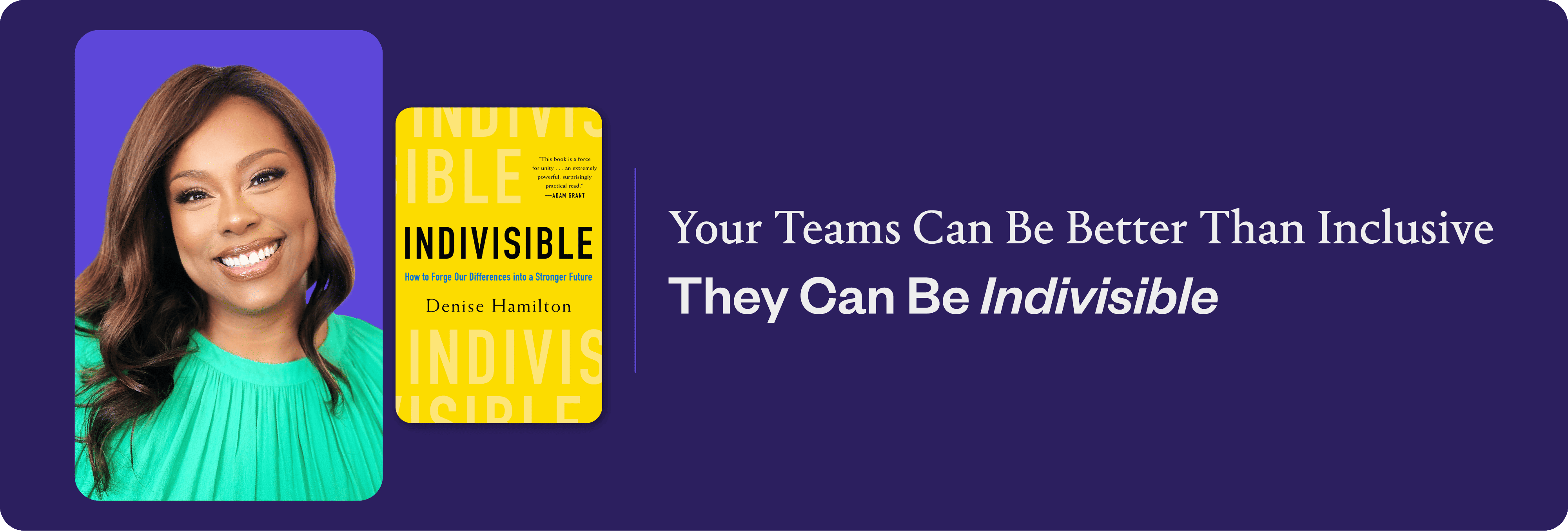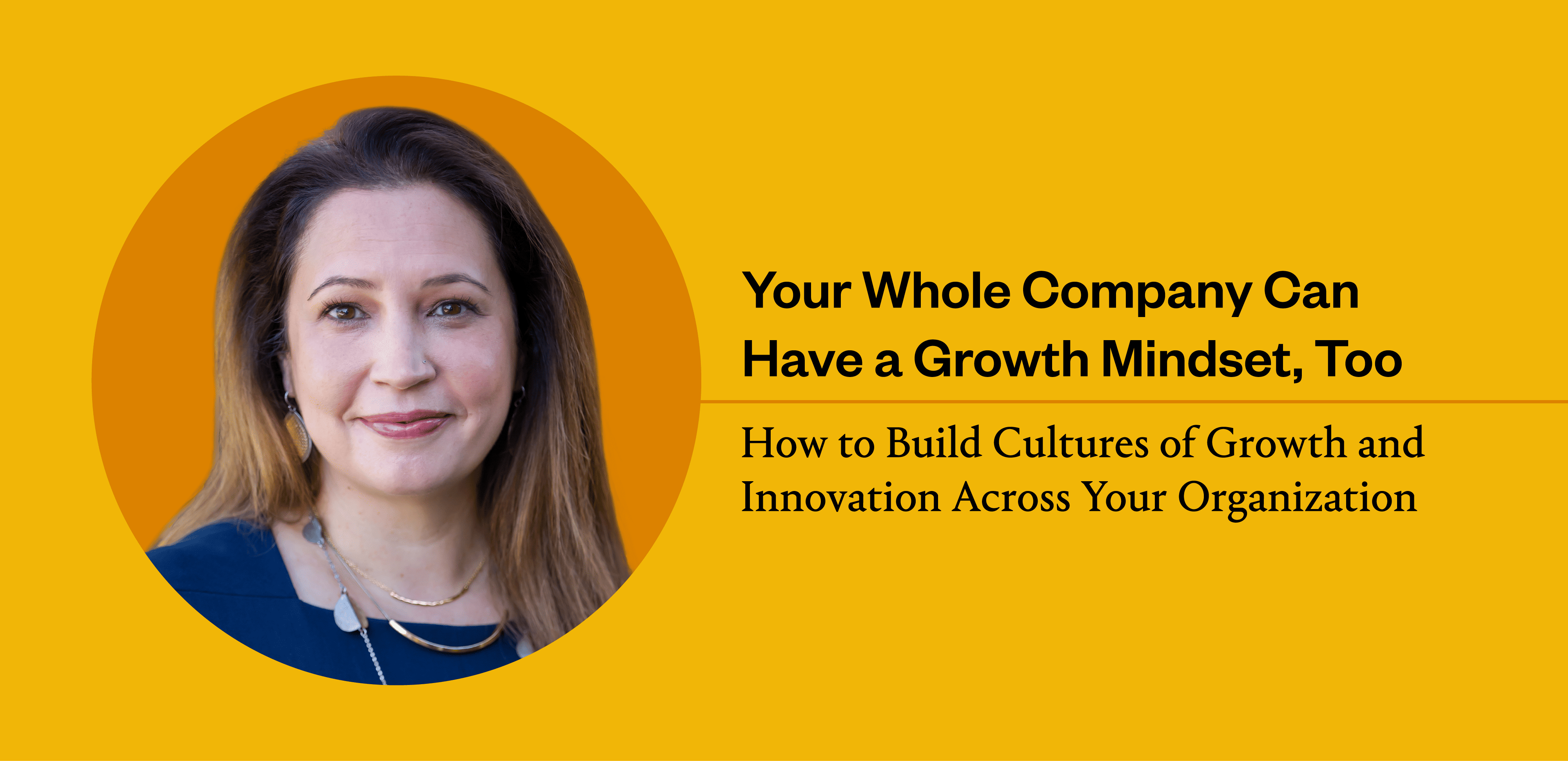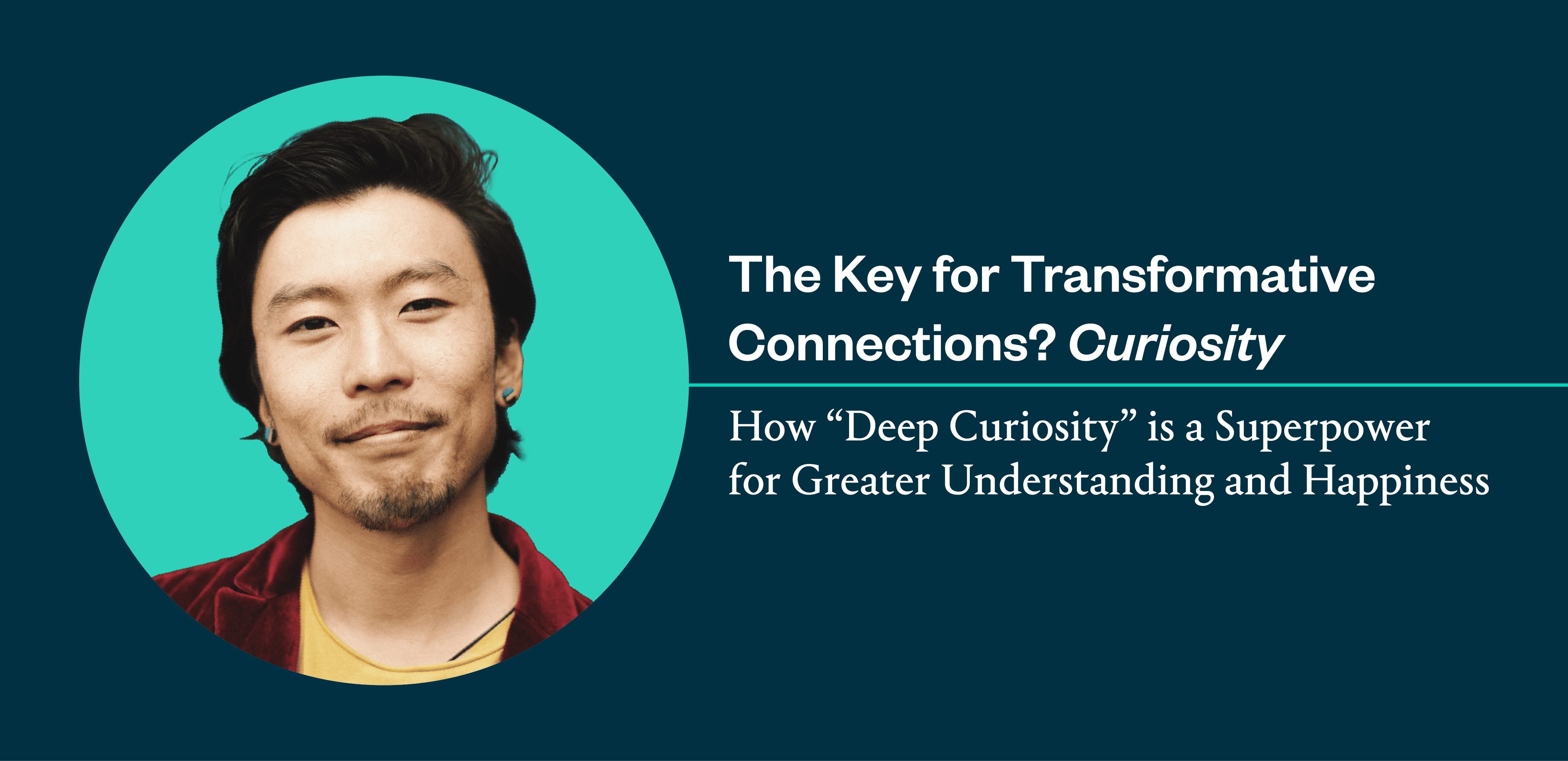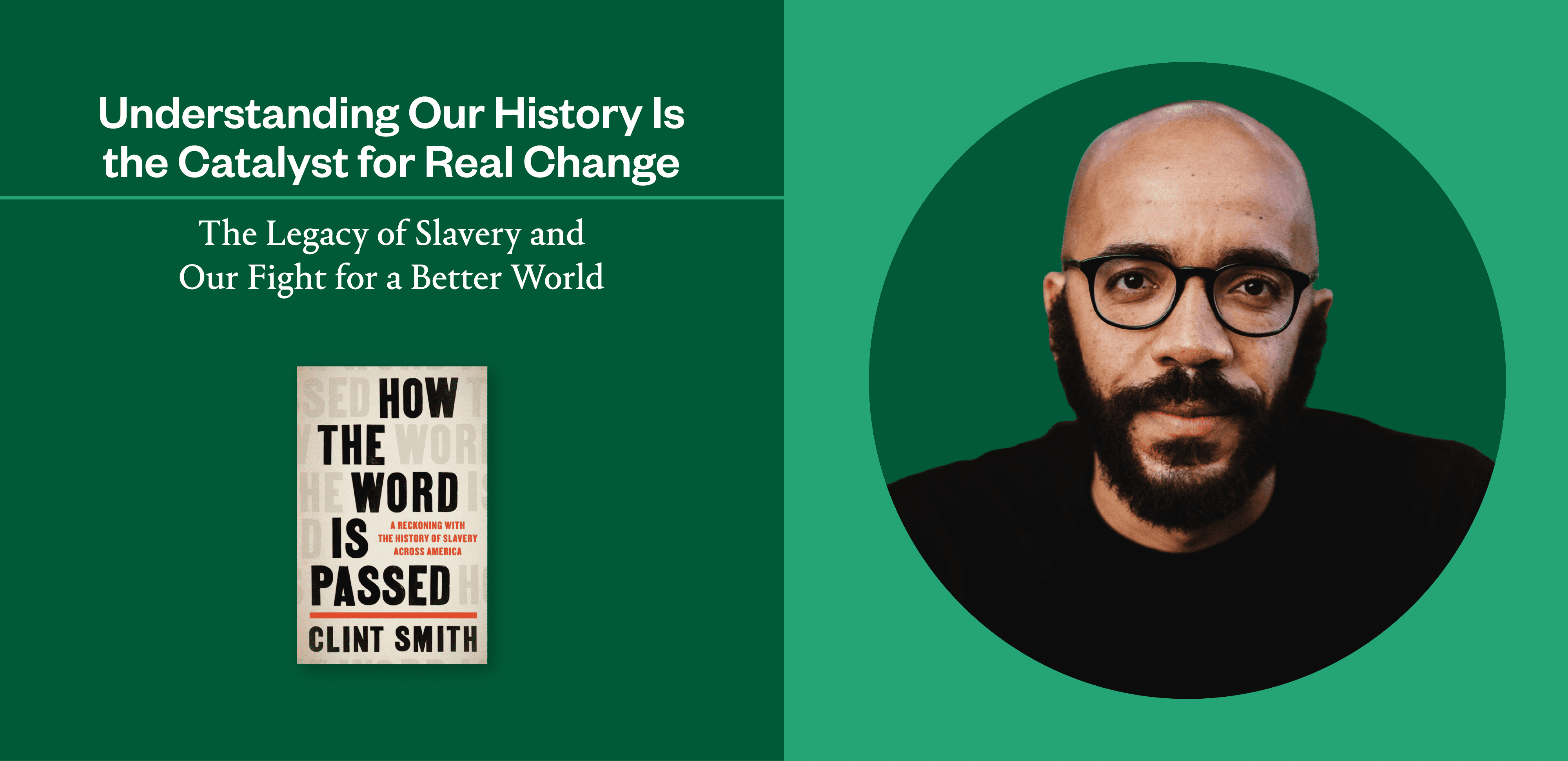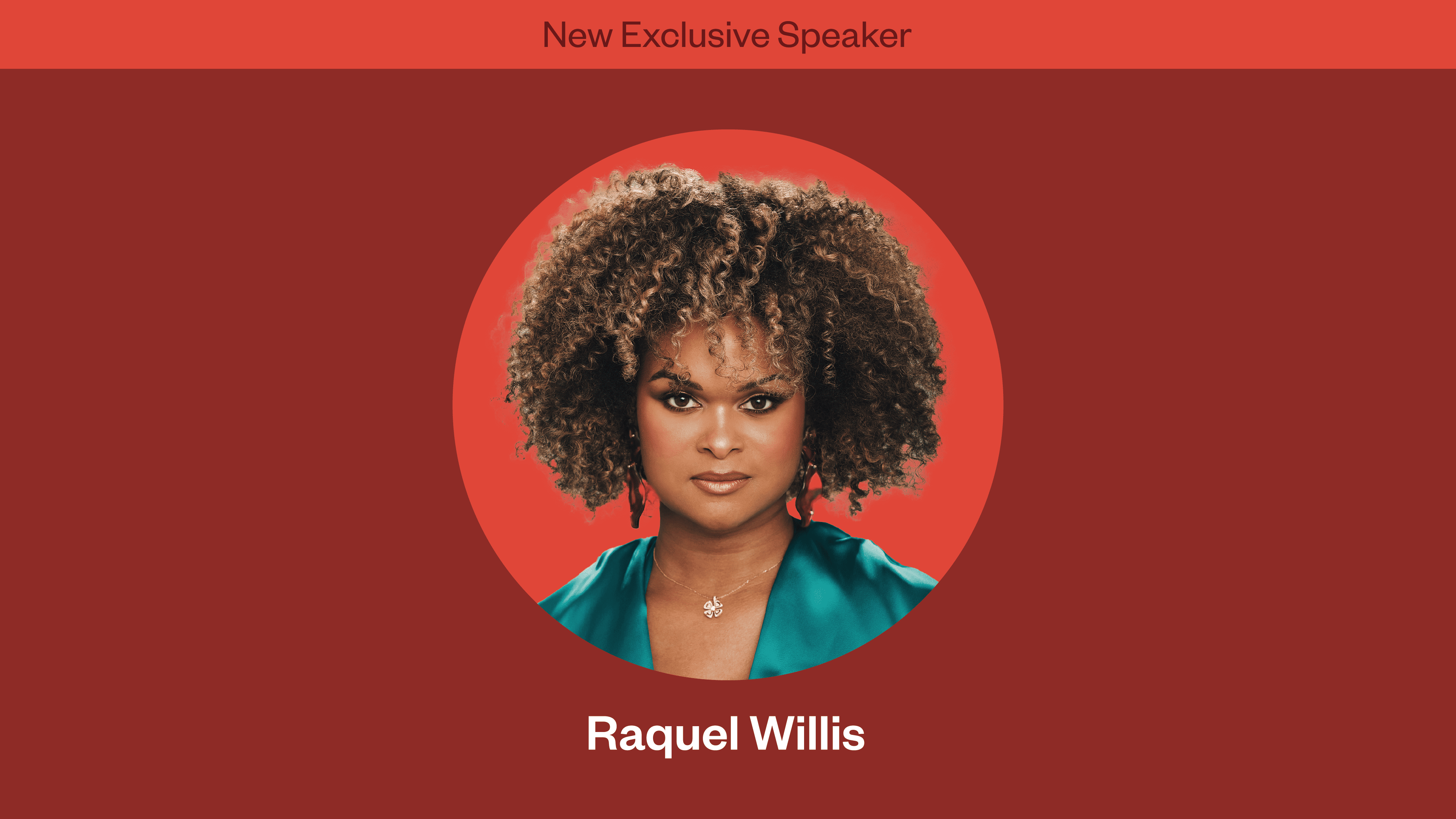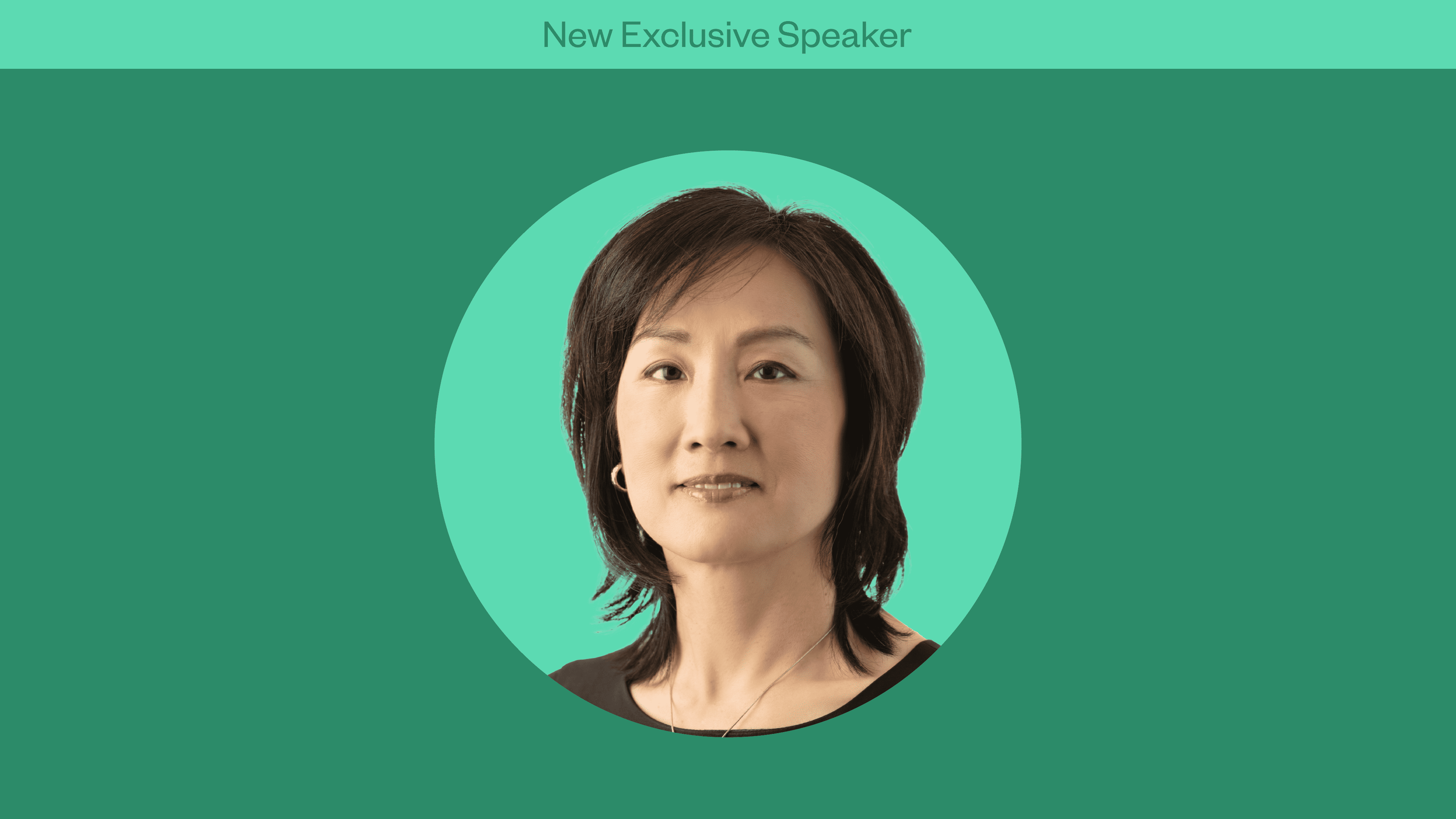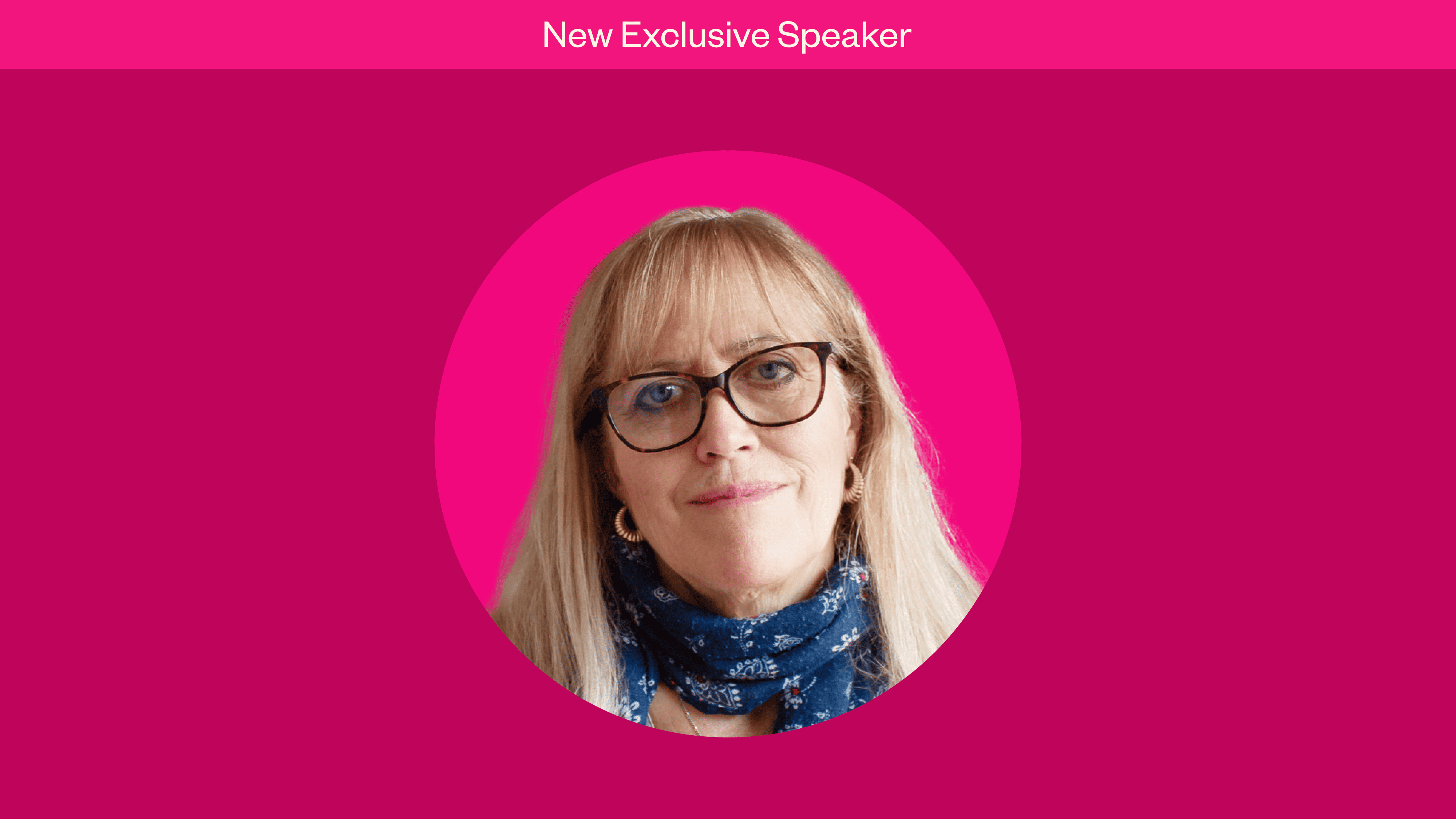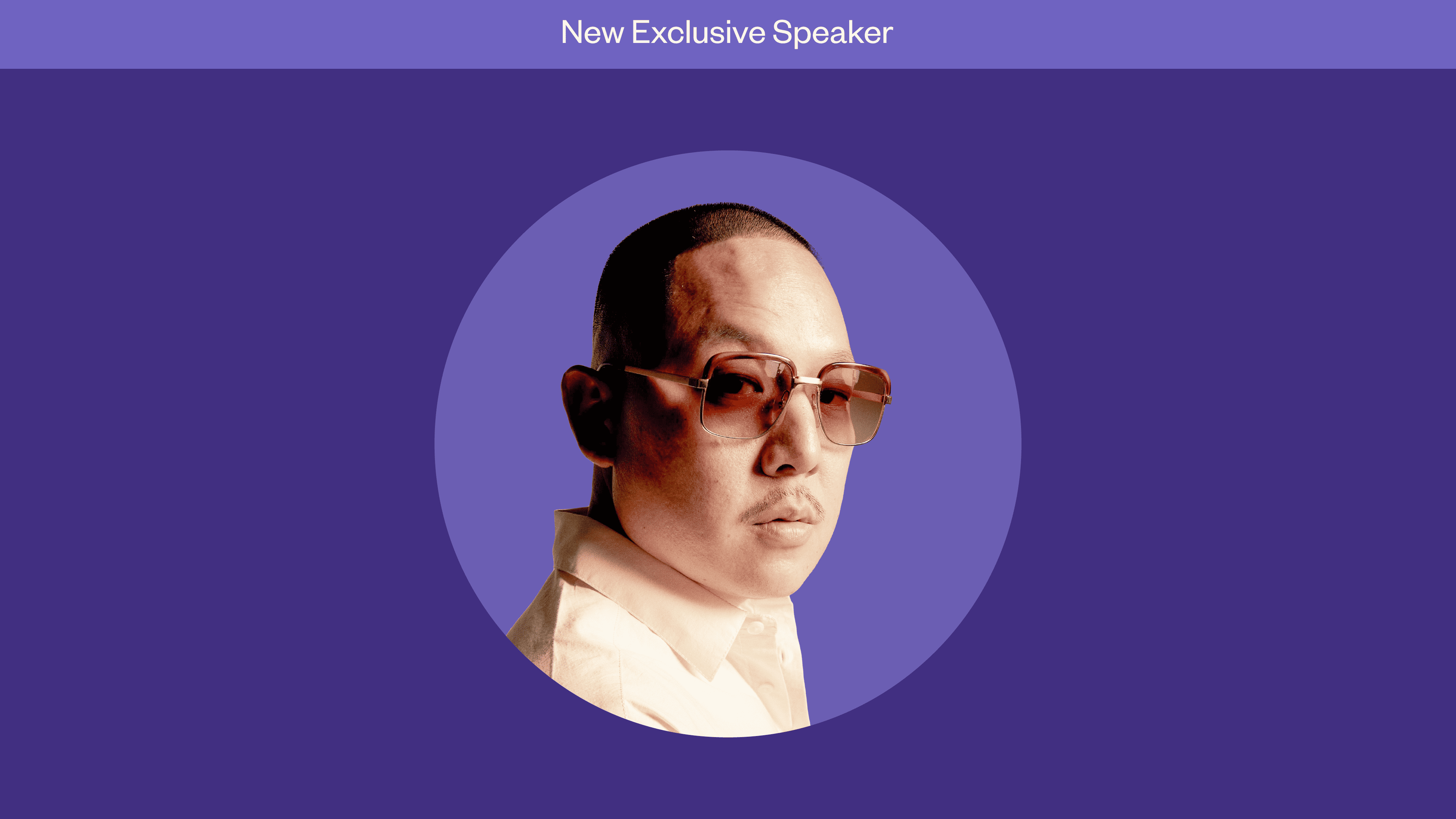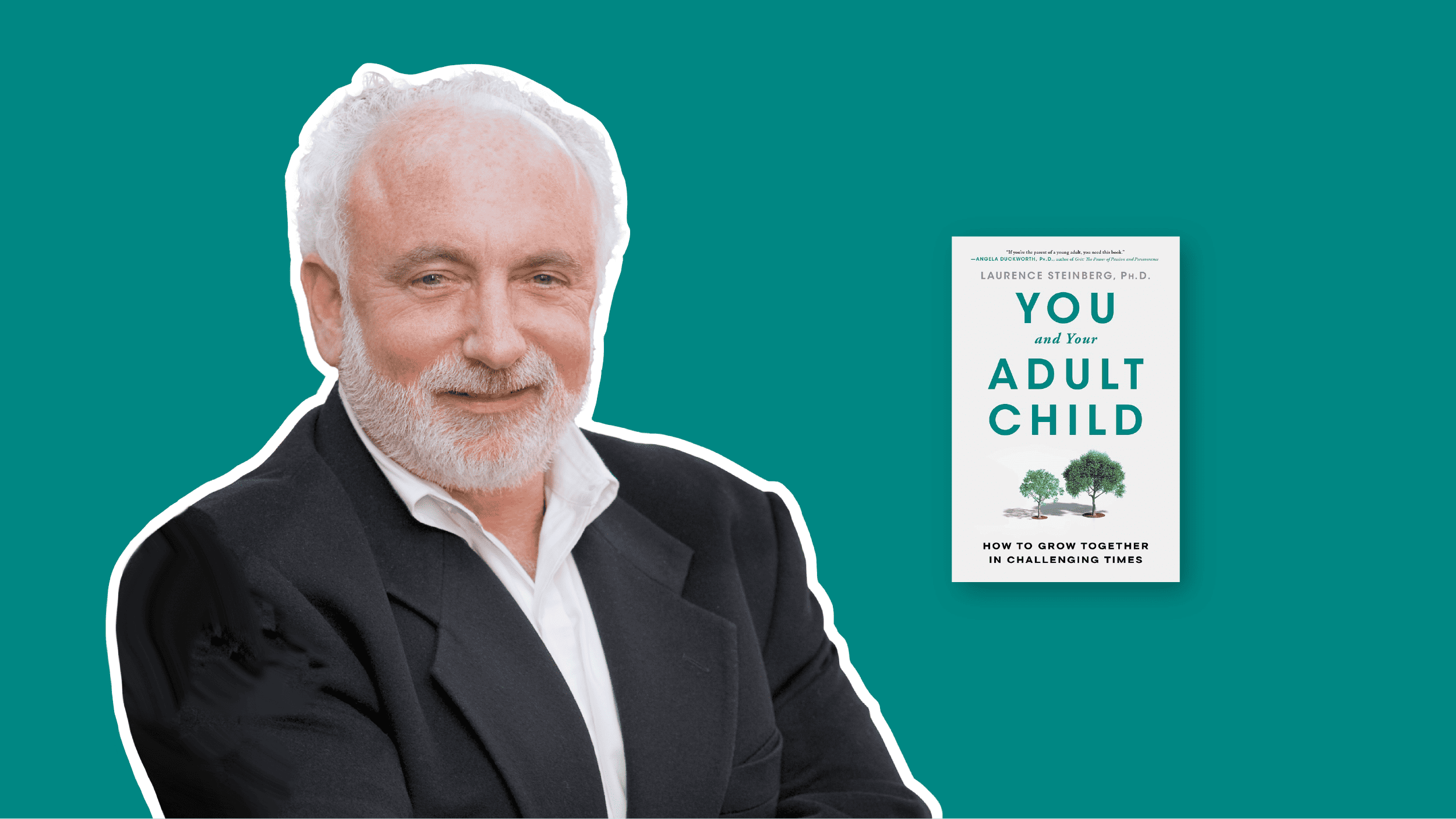“Listen out for Rutger Bregman. He has a big future shaping the future.”—The Observer
Rutger is a historian and author who has shared the stage with Yuval Noah Harari, been interviewed by Jon Stewart, gone viral at the World Economic Forum conference at Davos, and given a TED Talk which TED curator Chris Anderson named one of the 10 best of the year.
Trevor Noah, who calls Rutger a “superstar,” hails his latest book, Moral Ambition, as “a call to action for humanity.” His previous book, Humankind: A Hopeful History, looks into the story of humanity to prove that we are hardwired for kindness. It is currently being adapted into a major documentary series. His first book, Utopia for Realists, argues that the visionary ideas that seem impossible to us today are, in fact, wholly implementable.
Rutger is a warm, persuasive keynote speaker who makes big ideas both understandable and actionable for audiences of all backgrounds. As Lavin’s newest exclusive speaker, he sat down with us to explain 3 ways we can make the world a much better place—starting today.
1. Go big, don’t go home.
“Often, when people talk about their ideals, they say something like, ‘Let’s make the world a little bit better,’” Rutger says. “I’ve always disliked that phrase. Why ‘a little bit’? When I hear entrepreneurs talk about their company, they don’t say, ‘Let’s make a little bit of money.’ They’re ambitious. That’s the attitude we should have right now, as a species.”
Through his dynamic keynotes and his School for Moral Ambition, Rutger has inspired thousands of people to make a positive impact with their careers. To leave a real legacy, he says, we can’t stop at the bare minimum. “We’ve got to look for our moral maximum. How far can we push ourselves?”
2. Find people who stand out.
“People, by nature, are herd animals,” Rutger says. “But that very fact means that small groups of committed people who are willing to be weird, who are willing to stand out from the crowd, can make an outsized difference.”
So find a group—or form your own—and start recruiting other committed people. “96% of the people who joined the WWII resistance were simply asked to join it,” Rutger says. “That suggests that we don’t have to change our fundamental character. We just need to be exposed to this social virus of moral ambition—and we might be very surprised by the kind of person we can become along the way.”
3. Start now.
Changing the world may seem like a big ask. But Rutger says getting started doesn’t need to be daunting. “As a historian, I’ve always been interested in ‘social physics’: how change actually works,” he says. “Very often, that starts with small groups of people and small steps that galvanize big movements.”
In life-changing talks, Rutger argues that we’re not reaching our full potential, but we really do have the tools for change. Small actions that we take today can have a measurable effect on the kind of world we live in. “It’s not the easy path, but it’s the meaningful path,” he says.
Interested in hearing more from Rutger?
Get in touch to learn more, and to book him to speak at your next event!
